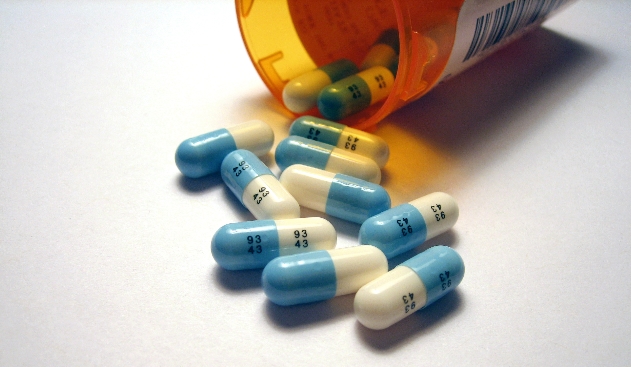Two major clinical trials have reportedly reaffirmed the effectiveness of psilocybin, a naturally occurring psychedelic found in 200 varieties of mushrooms, in treating mental illness.
Earlier this year, researchers at London’s Imperial College found that after one week of high doses of psilocybin, twelve study participants no longer suffered with depression or self loathing. Eleven weeks later, five of them no longer had any lingering depression symptoms.
U.K. researchers had to go through a protracted amount of red tape to gain permission to administer the psilocybin capsules, however, given that magic mushrooms are illegal in most countries.
Here in the U.S., the DEA classifies psilocybin as a banned Schedule 1 drug like heroin, LSD, or Ecstasy, with no currently accepted use in medical treatment.
In the minds of government regulators, magic mushrooms apparently conjure up an image of burned-out hippies staggering around Woodstock on a bad trip rather than as a legitimate treatment for mental illness.
Data published this month in the Journal of Psychopharmacology focusing on cancer patients perhaps may change the conventional thinking that stands in the way of magic mushrooms being officially adopted as an alternative to antidepressants that bring with them many toxic side effects.
In the first study, 29 mostly female patients with an average age in the mid 50s who were afflicted with cancer-related anxiety and depression received either a 0.3 mg/kg dose of psilocybin or 250 mg of niacin, plus psychotherapy.
The New York University researchers wrote that the one moderate psilocybin dose “produced immediate, substantial, and sustained improvements in anxiety and depression and led to decreases in cancer-related demoralization and hopelessness, improved spiritual wellbeing, and increased quality of life. At the 6.5-month follow-up, psilocybin was associated with enduring anxiolytic and anti-depressant effects (approximately 60–80% of participants continued with clinically significant reductions in depression or anxiety), sustained benefits in existential distress and quality of life, as well as improved attitudes towards death. The psilocybin-induced mystical experience mediated the therapeutic effect of psilocybin on anxiety and depression.”
In the second study, Johns Hopkins researchers took a different approach. They gave 51 cancer patients who were also in their mid 50s either a low/placebo-like (1 or 3 mg/70 kg) psilocybin dose or a high dose (22 or 30 mg/70 kg) with five weeks between sessions and then a six-month follow-up.
The results suggested that “High-dose psilocybin produced large decreases in clinician- and self-rated measures of depressed mood and anxiety, along with increases in quality of life, life meaning, and optimism, and decreases in death anxiety. At 6-month follow-up, these changes were sustained, with about 80% of participants continuing to show clinically significant decreases in depressed mood and anxiety. Participants attributed improvements in attitudes about life/self, mood, relationships, and spirituality to the high-dose experience…”
Both double-blind studies cautioned that more fact-finding is necessary to fully determine if psilocybin is safe and effective. According to Business Insider, scientists will seek a green light to move forward with a third clinical trial. Dr. Roland Griffiths, lead author of the Hopkins study, said that “This is a potential pathway to clinical approval. But that [approval] requires the next step of going to the FDA and getting permission to move forward.”
Participants in both groups told researchers about mystical or spiritual experiences after ingesting psilocybin, the effects of which last about four hours. “Griffiths says one way psychedelic researchers have characterized this is as the inverse of PTSD. With PTSD, one terrible experience can change the way a person’s brain causes them to perceive the world, with long-lasting effects. This is like the opposite of that — a single meaningful experience that people highly value and has transformational, enduring effects.”
Sources:



